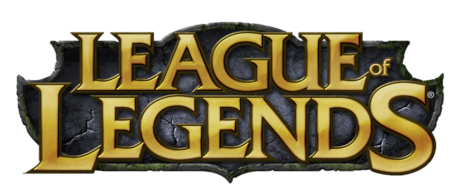Whilst esports is still relatively new and growing, there have been certain regions that have been able to clearly define their strengths in certain genres and titles. Whether this be the Korean and Chinese teams for League of Legends, the Europeans on Call of Duty, or the small niches that form within these titles themselves. One thing that has been a constant however, is that although there are moments where North American teams can shine for small periods of time, many inevitably fall short. It had become a bit of an inside joke within the community that the NA esports scene was very much for fun, and with a history of match fixing surrounding esports betting, and strings of poor performances – many have questioned why the scene has fallen so far behind.
The working environment – One of the biggest differences between regions, particularly in the amateur scene, is that North American players are often unable to free up the time to attend events that many in regions such as Europe are. The inability to request larger amounts of time off for necessary practice or commitment to an event means that any international opportunities outside of the pro-scene often fall short, and only once the support structure to commit to the game full time be available is there a step up in the skill gap between regions.
The underlying infrastructure – It’s also clear the see the difference in esports infrastructure between regions too – in Asia gaming has been a huge part of the culture for a number of years and as such the acceptance of gaming is much higher, across Europe, games like Counter-Strike have remained a staple of esports for twenty years and so younger players will grow up with an existing event circuit easily playable. Much of this hadn’t been true for North America, and this means the younger talent are provided with fewer opportunities to break into the pro scene or even practice with the top teams until a point at which they’re already too far behind. This has changed with the development and evolution of the online scene, but it still remains a problem for many.
A smaller player base – Another contributing factor has often been related to the existing player base which is much lower than that of other regions – whilst the gap is slowly closing as the acceptance of gaming continues to improve, many suggest there is a huge disparity between regions and as such the talent pool remains much lower. Whether or not this will change with growth of infrastructure and more support is yet to be seen, but in certain titles such as League of Legends it has been suggested that the approach to younger talent and academy teams isn’t due to the player base, but largely due to a negative attitude from the existing players.
One thing that has become certain over the past few years however is that franchising has had a huge impact on how North America as a region is treating the growth of esports. Larger organisations such as the NBA have already heavily invested in not only developing their own platform but also seeing some of the franchised teams develop a place within esports, with further investment and growing interest, it could transform the way NA esports athletes are treated and how they perform internationally. Some teams have shown sparks of change such as the recent move by Evil Geniuses to do longer bootcamps in Europe to hone their skills, but many of these adjustments are temporary, and more permanent solutions certainly need to be found.




